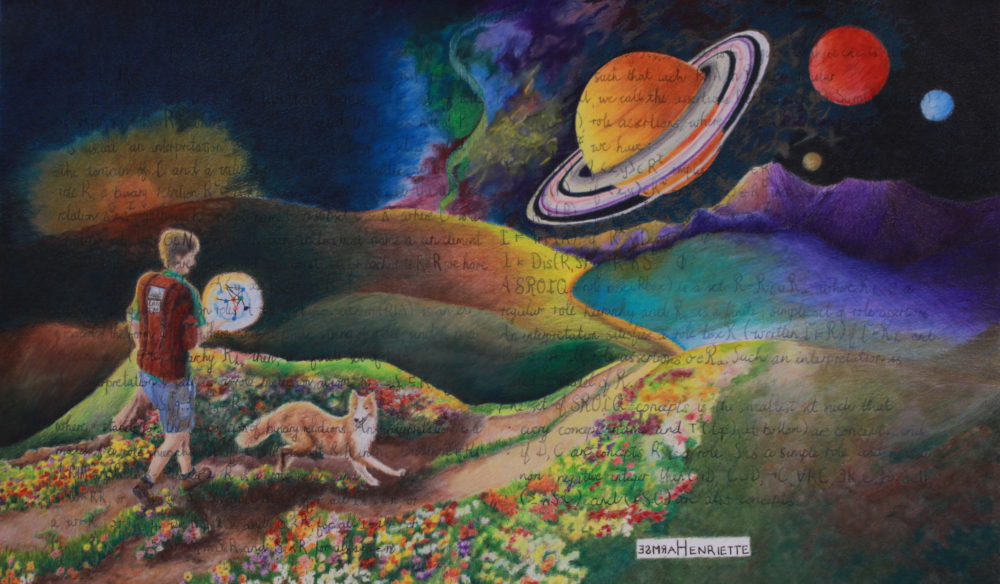In this brief post I provide a minimal complete example that uses scala-logging with log4j2. scala-logging is a Scala logging library wrapping SLF4J.
Scala code
Here is a minimal complete Scala code example usingscala-logging. Note that we use a companion object to define an instance of Logger that will be shared across all instances of SimpleLoggingTest.
package org.henrietteharmse.tutorial
import com.typesafe.scalalogging.Logger
class SimpleLoggingTest {
SimpleLoggingTest.logger.trace("Hello while instance
of SimpleLoggingTest is created.")
}
object SimpleLoggingTest {
private val logger = Logger[SimpleLoggingTest]
def main(args: Array[String]):Unit = {
logger.trace("Hello from SimpleLoggingTest
companion object")
val simpleLoggingTest = new SimpleLoggingTest
try {
throw new RuntimeException("Some error")
} catch {
case t : Throwable => logger.error(s"Error:
${t.getMessage}")
}
}
}
Log4j configuration
In this section we provide a minimallog4j.xml configuration file. It defines a trace level logger for our application code with an error level logger for all other errors. Logging for our code will be written to a file in ./logs/App.log, and all errors, originating from other code than our own code, being logged to the console.
<?xml version="1.0" encoding="UTF-8"?>
<Configuration status="WARN">
<Appenders>
<Console name="Console" target="SYSTEM_OUT">
<PatternLayout pattern="%markerSimpleName %-5p
%C.%M():%L - %msg %ex{full}%n"/>
</Console>
<File name="Log" fileName="./logs/App.log">
<PatternLayout>
<Pattern>%markerSimpleName %-5p %C.%M():%L
- %msg %ex{full}%n</Pattern>
</PatternLayout>
</File>
</Appenders>
<Loggers>
<Logger name="org.henrietteharmse.tutorial"
level="trace" additivity="false">
<AppenderRef ref="Log"/>
</Logger>
<Root level="error">
<AppenderRef ref="Console"/>
</Root>
</Loggers>
</Configuration>
SBT configuration
Thebuild.sbt file for building this application is given below. Most importantly it states the correct dependencies for using scala-logging with the libraryDependencies setting. To get debug information from log4j, we set the system property log4j2.debug to true.
ThisBuild / scalaVersion := "2.13.2"
ThisBuild / organization :=
"org.henrietteharmse.tutorial"
val setLog4jDebug = sys.props("log4j2.debug") = "true"
lazy val root = (project in file("."))
.settings(
name := "scala-logging-with-log4j2",
libraryDependencies ++= Seq(
"com.typesafe.scala-logging" %% "scala-logging" %
"3.9.2",
"org.slf4j" % "slf4j-api" % "1.7.30",
"org.apache.logging.log4j" % "log4j-slf4j-impl" %
"2.13.3"
),
scalacOptions ++= Seq("-deprecation")
)
Conclusion
This post gives a minimal complete example for usingscala-logging with log4j using SBT. The complete code example can be found here on GitHub.
